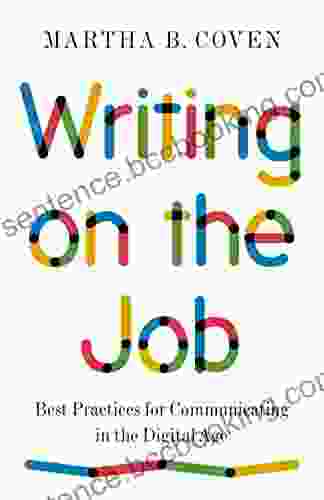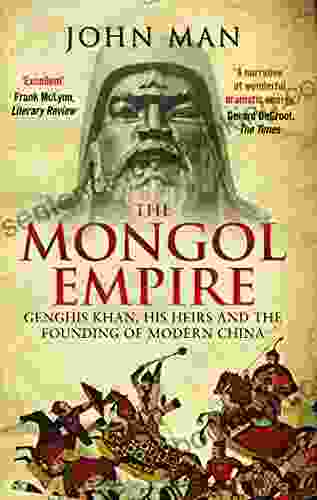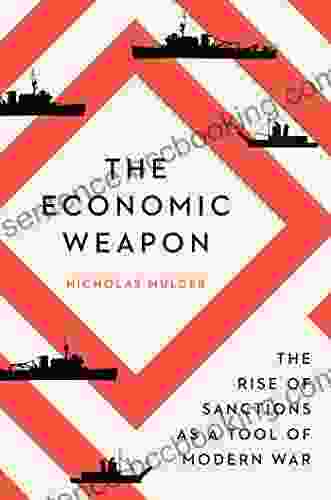The Rise of Sanctions As Tool of Modern War

In an increasingly interconnected world, economic measures have emerged as a powerful tool in the arsenal of modern warfare. Sanctions, which involve restricting trade and financial transactions with a target state, have become a preferred alternative to military intervention, offering a less costly and potentially more effective means of achieving political objectives. This article examines the rise of sanctions as a tool of modern war, exploring its implications for global security and economic stability.
The use of sanctions as a diplomatic tool dates back centuries. In ancient Greece, the Amphictyonic League employed economic boycotts against its members to enforce laws and settle disputes. During the Middle Ages, the Catholic Church wielded the threat of excommunication, which carried severe economic consequences, to exert control over European rulers.
In the modern era, sanctions gained prominence as a tool of international statecraft during the Cold War. The United States and its allies imposed sanctions on the Soviet Union and its satellite states to prevent the spread of communism. The effectiveness of these sanctions was limited, however, due to the resilience of the Soviet economy and the existence of alternative trading partners.
4.2 out of 5
| Language | : | English |
| File size | : | 5512 KB |
| Text-to-Speech | : | Enabled |
| Screen Reader | : | Supported |
| Enhanced typesetting | : | Enabled |
| X-Ray | : | Enabled |
| Word Wise | : | Enabled |
| Print length | : | 614 pages |
Following the end of the Cold War, the United Nations Security Council (UNSC) emerged as a key player in the imposition of sanctions. The UNSC has imposed sanctions on countries such as Iraq, Iran, North Korea, and Libya to address a wide range of threats, including nuclear proliferation, terrorism, and human rights abuses.
Sanctions can take various forms, targeting specific sectors of a country's economy or its entire financial system. Common types of sanctions include:
- Trade sanctions: Prohibiting or restricting the import or export of goods and services.
- Financial sanctions: freezing assets, limiting access to credit, or prohibiting transactions with targeted individuals or entities.
- Travel sanctions: Restricting the movement of people to and from a target country.
- Diplomatic sanctions: Withdrawing or reducing diplomatic representation.
- Military sanctions: Imposing arms embargoes or limiting military cooperation.
The effectiveness of sanctions in achieving their objectives depends on a range of factors, including the target country's economic resilience, the level of international support for the sanctions, and the ability to enforce the sanctions effectively.
Sanctions can be effective in cases where the target country is heavily dependent on trade and financial transactions with the imposing countries. However, they can also have unintended consequences, such as harming innocent civilians, destabilizing the target country, and creating humanitarian crises.
The rise of sanctions as a tool of modern warfare has significant implications for global security. By targeting a country's economy, sanctions can weaken its military capabilities, reduce its ability to project power, and make it less likely to engage in conflicts.
However, sanctions can also provoke retaliation from the target country, potentially escalating tensions and increasing the risk of military conflict. Additionally, sanctions can undermine the stability of the global economy by disrupting trade flows and financial markets.
Sanctions can have a profound impact on the economic stability of both the target country and the imposing countries. By restricting trade and financial transactions, sanctions can slow economic growth, increase unemployment, and lead to inflation.
In the case of the target country, sanctions can severely weaken its economy, making it more vulnerable to external shocks and internal unrest. For the imposing countries, sanctions can disrupt supply chains, increase the cost of imported goods, and reduce export markets.
The rise of sanctions as a tool of modern warfare presents a new set of challenges and opportunities for global security and economic stability. While sanctions can be an effective means of addressing threats to international peace and security, they must be used judiciously and with a clear understanding of their potential consequences.
By carefully considering the effectiveness, implications, and limitations of sanctions, policymakers can harness this powerful tool to promote global security and stability without undermining economic growth and prosperity.
4.2 out of 5
| Language | : | English |
| File size | : | 5512 KB |
| Text-to-Speech | : | Enabled |
| Screen Reader | : | Supported |
| Enhanced typesetting | : | Enabled |
| X-Ray | : | Enabled |
| Word Wise | : | Enabled |
| Print length | : | 614 pages |
Do you want to contribute by writing guest posts on this blog?
Please contact us and send us a resume of previous articles that you have written.
 Book
Book Novel
Novel Page
Page Chapter
Chapter Text
Text Story
Story Genre
Genre Reader
Reader Library
Library Paperback
Paperback E-book
E-book Magazine
Magazine Newspaper
Newspaper Paragraph
Paragraph Sentence
Sentence Bookmark
Bookmark Shelf
Shelf Glossary
Glossary Bibliography
Bibliography Foreword
Foreword Preface
Preface Synopsis
Synopsis Annotation
Annotation Footnote
Footnote Manuscript
Manuscript Scroll
Scroll Codex
Codex Tome
Tome Bestseller
Bestseller Classics
Classics Library card
Library card Narrative
Narrative Biography
Biography Autobiography
Autobiography Memoir
Memoir Reference
Reference Encyclopedia
Encyclopedia John Kaluta
John Kaluta John Galeano
John Galeano Joey Chou
Joey Chou Joe Procopio
Joe Procopio Joan Robinson
Joan Robinson Kenneth Rosenberg
Kenneth Rosenberg Joann Fletcher
Joann Fletcher Yatir Nitzany
Yatir Nitzany Patricia Hruby Powell
Patricia Hruby Powell Joanne Entwistle
Joanne Entwistle Jim Rooney
Jim Rooney Peter Matthiessen
Peter Matthiessen Lisa Cordeiro
Lisa Cordeiro Kevin Cook
Kevin Cook Stephanie True Peters
Stephanie True Peters John Cameron Smith
John Cameron Smith John K Stutterheim
John K Stutterheim Jim Schmalzried
Jim Schmalzried Jim Taylor
Jim Taylor Joanna Wells
Joanna Wells
Light bulbAdvertise smarter! Our strategic ad space ensures maximum exposure. Reserve your spot today!

 Salman RushdieMastering Digital Communication: A Guide to Effective Communication in the...
Salman RushdieMastering Digital Communication: A Guide to Effective Communication in the...
 Bill GrantStep into the Shadowy Depths of "The House Across the Lake": A Gripping Novel...
Bill GrantStep into the Shadowy Depths of "The House Across the Lake": A Gripping Novel... Brent FosterFollow ·8.7k
Brent FosterFollow ·8.7k Gabriel MistralFollow ·9.1k
Gabriel MistralFollow ·9.1k Bo CoxFollow ·18.7k
Bo CoxFollow ·18.7k Matt ReedFollow ·5.6k
Matt ReedFollow ·5.6k Amir SimmonsFollow ·19.4k
Amir SimmonsFollow ·19.4k Jarrett BlairFollow ·2k
Jarrett BlairFollow ·2k Patrick HayesFollow ·9.6k
Patrick HayesFollow ·9.6k VoltaireFollow ·16.1k
VoltaireFollow ·16.1k

 Jesus Mitchell
Jesus MitchellDiscover the World of Satisfying Meals with Or...
In a world where culinary creations often...

 Darius Cox
Darius CoxJourney into the Extraordinary Life of Kublai Khan: An...
Immerse Yourself in the Fascinating...

 Gil Turner
Gil TurnerThe Fourth Industrial Revolution: The Precariat and the...
In his groundbreaking book, The Fourth...

 Jonathan Franzen
Jonathan FranzenGenghis Khan: His Heirs and the Founding of Modern China
Genghis Khan, the...

 Eugene Powell
Eugene PowellJourney Through the Golden Age of the Ottoman Empire with...
Delve into the Enchanting World of the...
4.2 out of 5
| Language | : | English |
| File size | : | 5512 KB |
| Text-to-Speech | : | Enabled |
| Screen Reader | : | Supported |
| Enhanced typesetting | : | Enabled |
| X-Ray | : | Enabled |
| Word Wise | : | Enabled |
| Print length | : | 614 pages |










